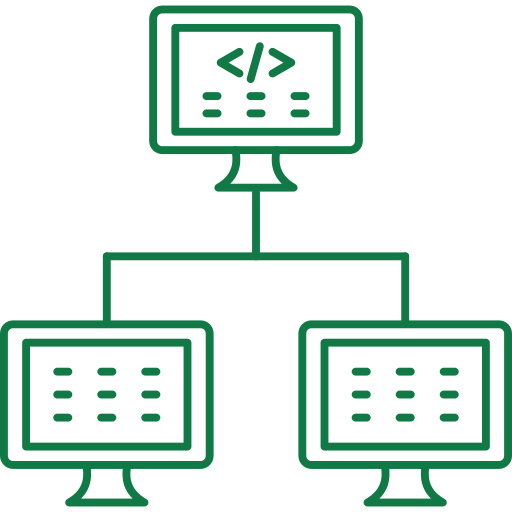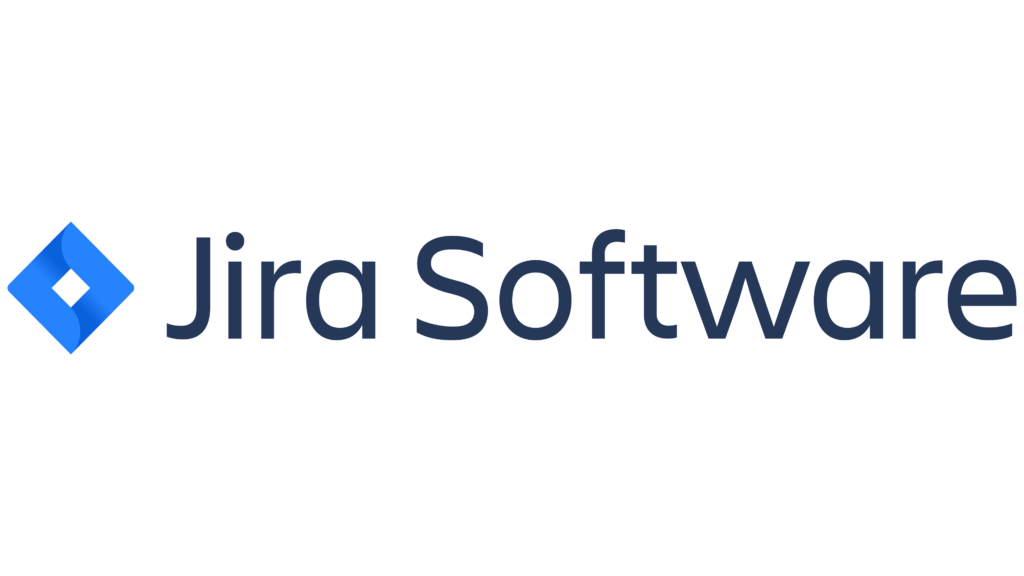ERP Testing Services That Power Reliable Enterprise Software
CelticQA’s ERP Testing Services ensure your enterprise software runs flawlessly—across departments, systems, and user demands. From automated regression testing to performance, integration, and user acceptance testing (UAT), we help you avoid costly errors, delays, and data loss.
Why ERP Testing Services Are Critical for Business Success
Enterprise Resource Planning (ERP) systems act as the central nervous system of your organization, integrating core business functions — HR, finance, procurement, manufacturing, and more—into one seamless platform. But with high complexity comes high risk.
Without rigorous ERP system testing, small defects can disrupt large-scale operations, affect decision-making, or even halt productivity.
CelticQA’s ERP Quality Assurance Services are designed to mitigate those risks through a proven framework that includes:
- Functional and user acceptance testing (UAT)
- End-to-end regression testing for updates and upgrades
- Automated testing for speed and scale
- Integration testing across all connected modules
- Performance and load testing under real-world conditions
Common ERP Modules We Test
We specialize in enterprise software QA across popular ERP platforms such as Oracle, Microsoft Dynamics, and industry-specific systems. Our testing spans modules such as:
Finance & Accounting
Human Resources
Procurement & Supply Chain
Sales & Customer Service
Manufacturing & Engineering
Asset & Inventory Management
Our Proven ERP Testing Methodologies

Functional Testing
We validate that each ERP module performs its intended tasks and business logic correctly.

User Acceptance Testing (UAT)
We simulate real-world user scenarios to confirm the ERP system is intuitive, efficient, and ready for deployment.

Regression Testing
Our automated regression testing ensures that changes or updates don’t impact existing functionality.

Integration Testing
Ensure smooth data flow between modules and third-party applications—critical for cohesive operations.

Performance Testing
We apply stress, load, spike, and soak testing to confirm your ERP platform can handle high volumes and usage spikes.
Why Choose CelticQA for ERP Testing Services?

20 Years of Software Testing Experience
We’ve helped organizations in the US, UK, and Irish markets deploy ERP systems with confidence.

Industry Expertise Across 15+ Sectors
Our ERP QA services span financial services, insurance, healthcare, logistics, pharma, and more.

Proven ERP QA Frameworks
Our proprietary testing frameworks deliver consistent quality while reducing risk and time-to-market.

Rapid Response, Scalable Teams
Need quick support or a full QA team? We scale with your project’s needs—fast.

Best Automation Leaders
We implement automated ERP testing using tools like Ranorex, Selenium, IntelliJ, and more. As Ranorex Gold Partners, we maximize ROI on your automation efforts.
Tools We Use for ERP Testing
We support end-to-end ERP test automation and management using:







The CelticQA ERP Testing Approach
We follow structured phases to ensure success:
Test Planning
Define test objectives, KPIs, and scope.
Flexible Delivery, Unified Oversight
With Managed QA teams across the U.S., Ireland, and India, our Greenshore model ensures control, transparency, and scalability—without overloading your in-house teams.
ERP Test Design
Develop test cases, test data, and automation strategy.
Launch & Execution
Execute tests with real-time reporting, defect tracking, and quality assurance oversight.
ERP Testing Best Practices We Follow
- Align testing with business objectives
- Prioritize high-risk functions through risk-based testing
- Shift-left and Agile testing for early defect detection
- Leverage test automation to increase test coverage
- Ensure traceability between requirements, test cases, and results
- Continuous testing for seamless ERP evolution

USA
Experience quality assurance with our expert QA Testing Services in the USA.

UK
Elevate your software quality with our tailored Software QA Testing Services in the UK.

Ireland
Quality assurance for your software made easy with our experienced Software QA & Testing Services in Ireland.
Our Key Clients
ERP Testing Services
Partner with CelticQA for ERP Testing Services that ensure your system performs under pressure, integrates flawlessly, and supports your enterprise growth—now and in the future.
Atlanta, USA
MON – FRI: 9 AM to 5 PM
Dundalk, Ireland
MON – FRI: 9 AM to 5 PM